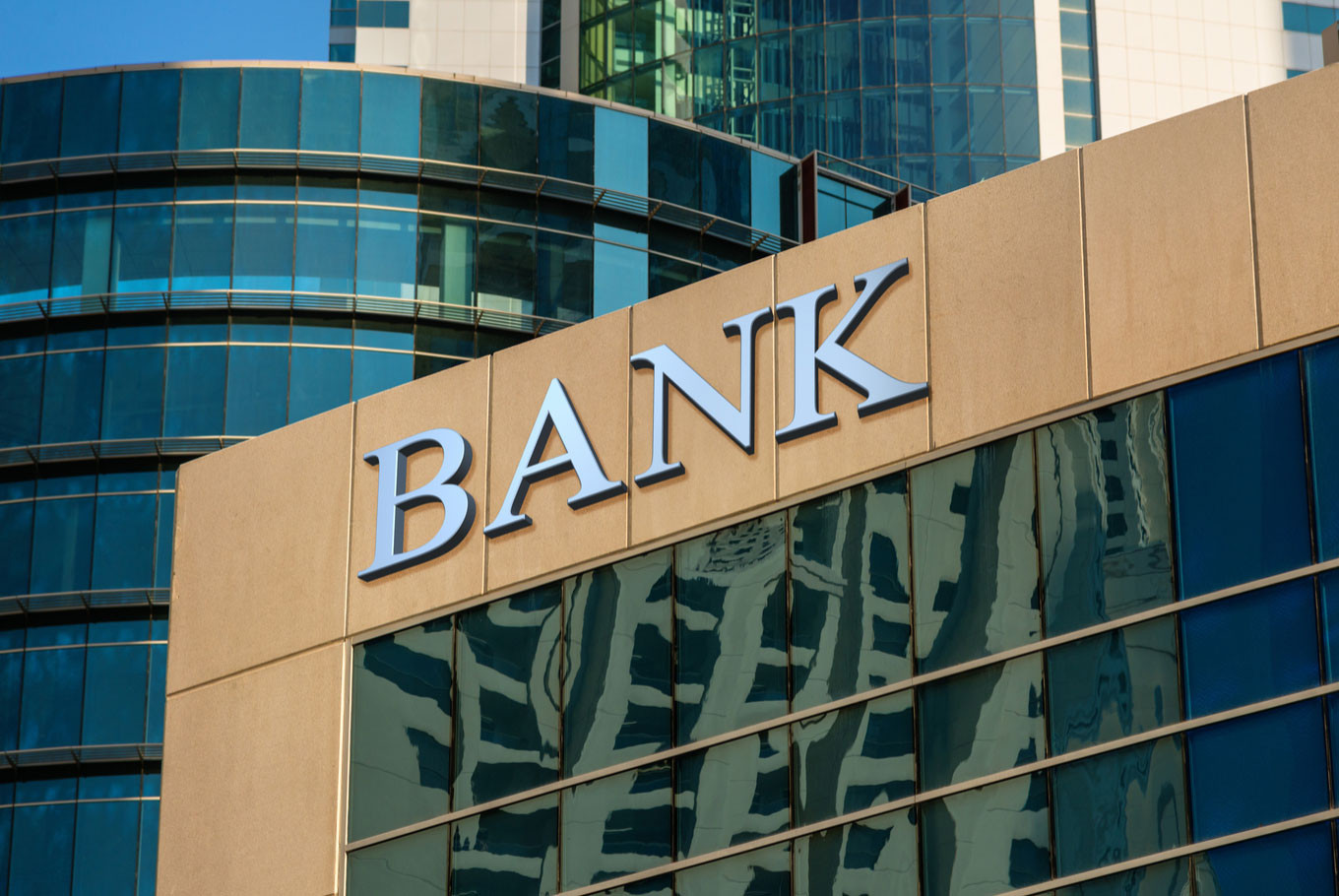Popular Reads
Top Results
Can't find what you're looking for?
View all search resultsPopular Reads
Top Results
Can't find what you're looking for?
View all search resultsCredit risk remains high in Indonesia despite recovery: S&P
While the overall economy is on the mend, downside risks remain for Indonesian credit as recovery in the banking sector is weighed down by a high level of restructured loans, says S&P Global Ratings.
Change text size
Gift Premium Articles
to Anyone
T
he general recovery of business activity in Indonesia has done little so far to reduce credit risks at companies under financial pressure, according to S&P Global Ratings.
In a report published on Tuesday, the credit rating agency warns that “weakening liquidity and reduced access to funding means the outlook remains negative for entities rated 'B' and below.” In S&P’s grading scale, B refers to entities that can meet current financial commitments as long as business, financial or economic conditions do not worsen.
The overall economy is on the mend, according S&P, with gross domestic product (GDP) growth of 4.5 percent in 2021 projected to take output “roughly back to its pre-COVID full-year […] level” by the end of the year.
That said, public finances are expected to take much longer to heal. The New York-based firm says “it will be challenging for the [Indonesian] government to reduce its deficit to below 3 percent of GDP by 2023 as planned” and expects the government debt level to “hover at around 40 percent of GDP” at least until 2023. That compares to around 30 percent before the pandemic began.
Read also: COVID-19 resurgence poses risk to economy
S&P maintains a negative outlook on Indonesia’s sovereign rating, which it says reflects “continued downside pressure on Indonesia's external, fiscal, and debt settings due to the COVID-19 pandemic.” This, in turn, means a downside rating risk also continues for the banking sector and state-owned enterprises.
Nevertheless, S&P sees 2021 as “a year of recovery for Indonesian banks” but says the recovery will be very gradual because of the “significant levels of restructured loans […] at about 18 percent (of total loans) in 2020, compared with about 5 percent pre-COVID-19.”
The government has been pushing banks to restructure loans as borrowers reel from economic downturn. The Financial Services Authority (OJK) reported in late February that the amount of restructured loans was Rp 987.48 trillion (US$69.2 million) as of Feb. 8 and involved 101 banks.
Read also: Pandemic loan restructuring scheme inches toward $70.5 billion
S&P expects that “preemptive provisioning on these weak loans is likely to constrain [banks’] profitability" going forward, albeit less than last year.










